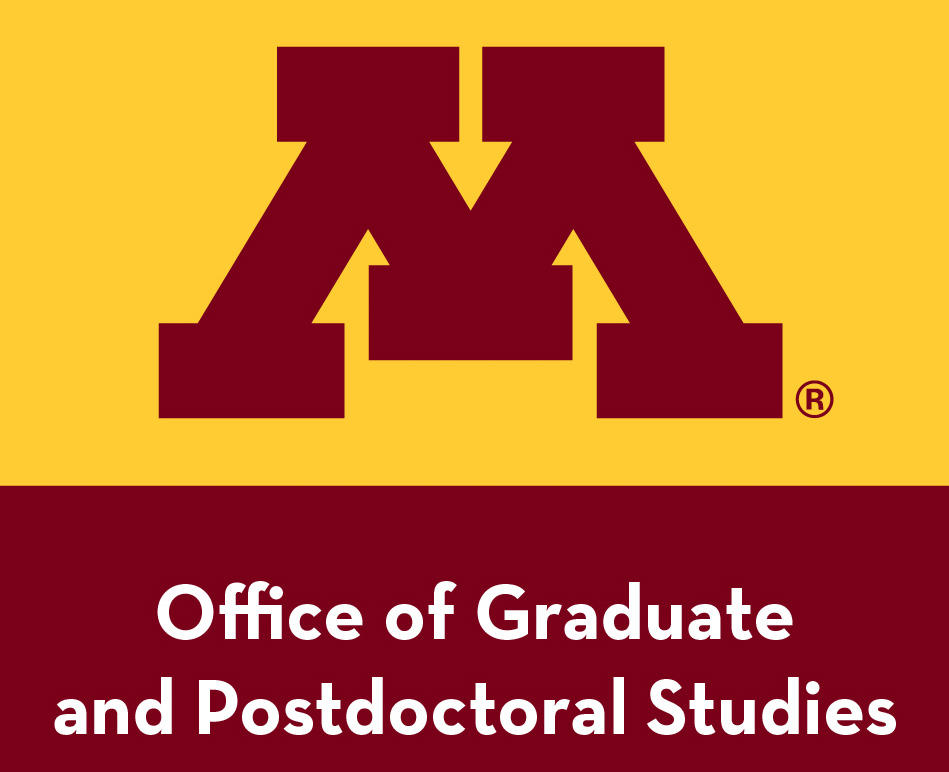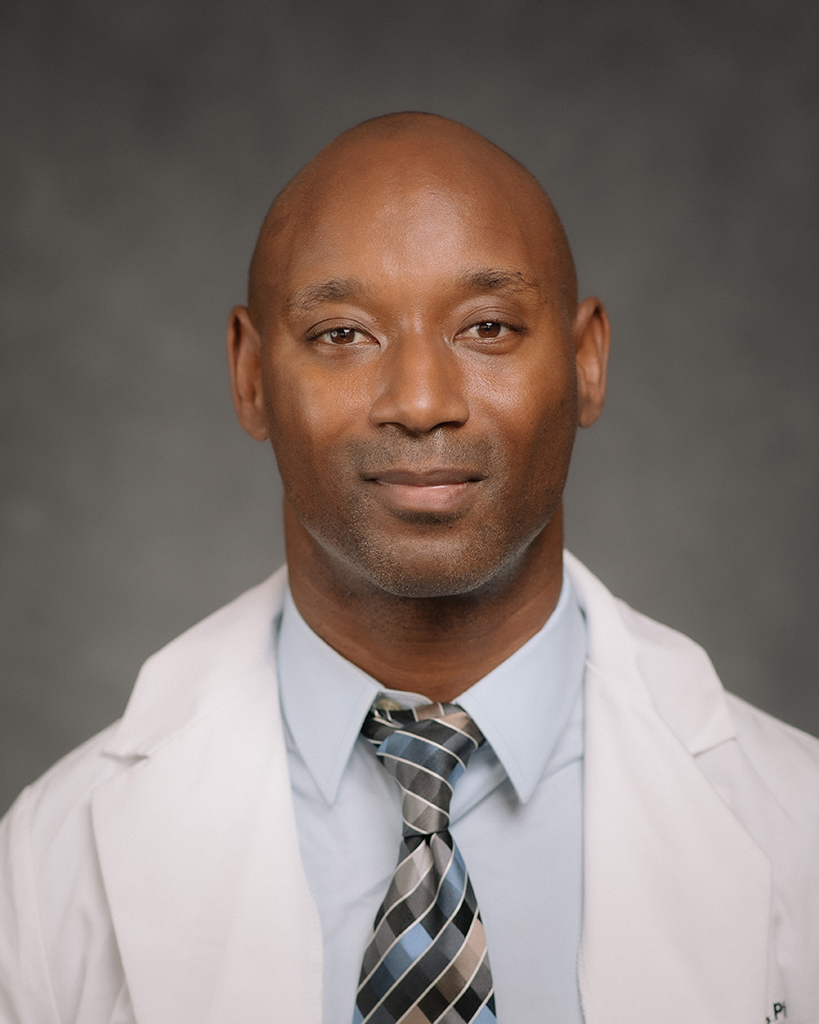Mission Statement
GPS Office Mission and Objectives
The Medical School’s Office of Graduate and Postdoctoral Studies (GPS) provides resources and services to graduate students enrolled in the basic science PhD programs and postdoctoral fellows training in various Departments, Centers and Institutes across the Medical School at the University of Minnesota.
The GPS Office serves as a unifying bridge to provide research training and educational services to trainees across all biomedical disciplines. The continuing mission is to enhance the representation, retention and research (R3) training outcomes for our learners. The central focus on R3 education and training elements are interwoven within provided career development resources. The approach taken assures preparation of trainees for successful entry into either academic or non-academic careers and reinforces our strive to support workforce diversity in all facets of biomedical research enterprise.
As such the office divides resources, services and programmatic activities into four principal pillars: Recruitment, Retention, Research Education and Career Development. GPS Office team members work with internal and external entities to employ best practices for recruiting diverse and talented learners to train at the U. As important as recruitment efforts are to attaining a diverse cadre of trainees, we recognize that coordinately employing innovative and impactful approaches to promote retention and research education are just as crucial. As such, the Office works with graduate programs, departments and centers across the Medical School to foster healthy work environments, provide additional funding mechanisms (i.e. bridge funds, travel awards and leave of absence coverages), host grantsmanship and novel research technique(s) seminars, and provide resources to bolster oral speaking and scientific writing skills.
Career development services are integrated in the early stages of research training to support graduate students and postdoctoral researchers. Leveraging resources from across a wide spectrum of offerings, the GPS Office provides career development assistance to our learners by facilitating individual development plan (IDP) counseling to help define and set trainee career goals, workshops and one-on-one sessions to facilitate resume/CV/cover letter preparation, and professional networking training sessions and seminars on successful methods to the job interviewing, among other offerings.
Collectively, the services and resources provided aim to equip our learners with the pertinent information and skills early-on in their training to tailor their studies to achieve maximal career outcomes, and thereby empower our learners as they transition to independence
Statement on Diversity, Equity and Inclusion
The Biomedical Sciences graduate programs are committed to increasing the impact and quality of its faculty and graduate students by fostering a diverse, collaborative environment that promotes respect and civility, provides equal access to opportunities, and free from harassment, bullying, intimidation, and threatening behavior that interferes with the ability to work or study.
The contributions of scientists whose backgrounds encompass diversity including culture, disability, ethnicity, gender identity, sexual orientation, neurodiversity, and economic background are vital to our creative and productive research environment. Incorporating diversity in our community, curriculum, and research are essential for improving the health and knowledge of all.
As a part of this strategy, we strive to provide a learning environment that supports all of our students during their training. Together with the Medical School's Office of Diversity, Equity and Inclusion, we offer programming and a list of resources on student and community organizations as well as cultural resources.


A Message from Associate Dean of Graduate Education
At the University of Minnesota Medical School, the Office of Graduate and Postdoctoral Studies (GPS) was established to support our trainees with the education, research training and developed skillsets to gain a better understanding of biological processes, health and disease, and developing novel therapeutics and treatments to improve individuals' lives and our communities.
Graduate student and postdoctoral training is paramount to address the ever evolving challenges facing our nations and the world. These investigators-in-training will soon be directing top-tier research programs in academia, leading fortune 500 biotech companies, launching new startup companies and serving as officials and policy advocates within governments. Importantly, these are but a fraction of the opportunities and directions to which our trainees pursue.
To address the mission of diversifying the workforce in the biomedical sciences, innovative strategies and best practices are continually employed to optimally attract, retain, and train scientists and students from diverse backgrounds and life experiences. Evidence here at the University has corroborated the importance of underrepresented (UR) groups in fostering scientific innovation, improving learning environments and helping to increase health research to support underserved and health disparity populations. The commitment to supporting the needs of our UR groups and individuals with disabilities is a top priority as we continue to roll out new initiatives, resources and services.
The GPS Office works with Medical School leadership, faculty, students, postdocs and other units across campus, as well as external business partners, to provide a rich and holistic research education experience for our trainees. GPS Office and I welcome feedback and input from all stakeholders to provide the services and resources to maximize our learners' training and position them for success in their career goals.
With warm regards,
Michael W. Lipscomb, PhD